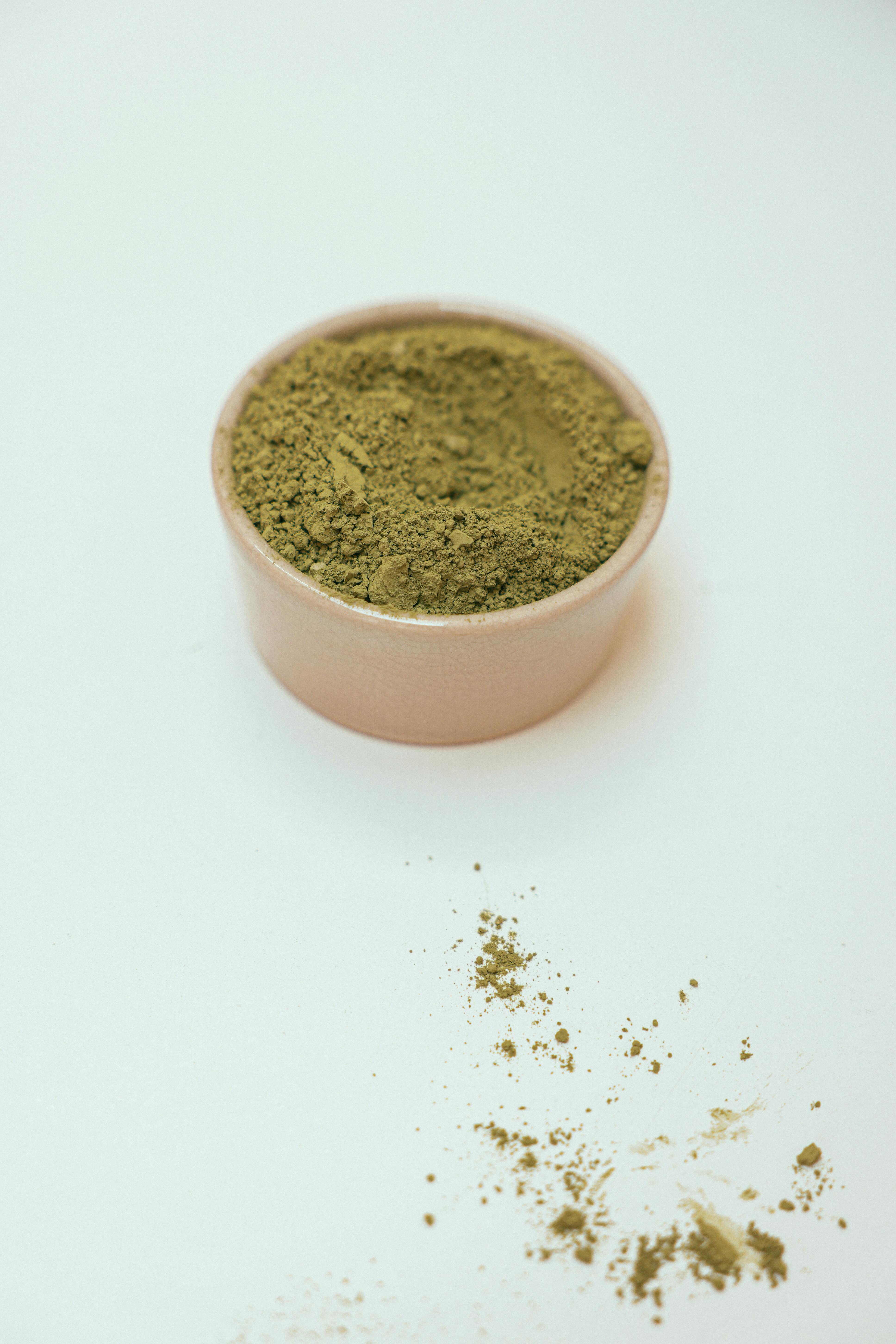Apply Now
Understanding the Fundamentals of Tongue Health
Tongue health often reflects overall well-being and is an important aspect of oral hygiene. The mouth serves as a gateway to the body, and conditions affecting the tongue can provide insights into various health issues. A healthy tongue is typically pink, smooth, and without blemishes, serving as a critical part of taste, swallowing, and speech. Understanding tongue features is essential for monitoring one's oral health and can help identify problems early on.
Attention to tongue health can prevent oral infections and diseases. Conditions like tongue swelling, sores, or discoloration may indicate bacterial growth, inflammation, or other oral health challenges. Regular tongue examinations aid in detecting signs of illness, acting as a proactive measure for maintaining oral cavity health. In this guide, we will explore effective solutions for tongue health management and the significance of proper tongue care.
Additionally, we will delve into the impact of diet and hydration on tongue health, proper techniques for cleaning the tongue, and the importance of tongue mapping. The following sections will outline practical tips for maintaining a healthy mouth, understanding the role of the tongue, and exploring treatments for various tongue conditions.
Key Factors Affecting Tongue Health
Building on the importance of tongue health, multiple factors influence its condition. A well-balanced diet enriched in necessary nutrients is pivotal for sustaining tongue features and overall oral hygiene. Certain foods can promote healthy tongue functions, while others might lead to undesirable conditions such as discoloration or inflammation.
1. **Dietary Impact on Tongue Health**: Nutrients play a significant role in maintaining the tongue's appearance and functionality. Key vitamins and minerals contribute to the health of taste buds and the mucosal layer of the tongue. Probiotics are particularly beneficial for balancing the oral microbiome and preventing harmful bacterial growth.
2. **Effects of Hydration**: Hydration is essential not just for the overall health of the body but also for the tongue's health. Dry mouth can lead to issues such as bad breath and increase the risk of oral infections. Saliva functions to neutralize acids and wash away food particles, making adequate hydration vital.
3. **Impact of Lifestyle Choices**: Factors like smoking and excessive alcohol consumption can negatively affect tongue health, leading to conditions such as bad breath and a coated tongue. Avoiding such habits can prevent various oral diseases and promote a healthy tongue.
These factors reveal how lifestyle choices impact oral health. Equipped with this knowledge, individuals can adopt practices that encourage a healthy tongue and reduce the risk of infections.
Common Tongue Conditions and Their Symptoms
Understanding the various tongue conditions is vital for early diagnosis and effective treatment. The characteristics of a healthy tongue can vary significantly from those of an unhealthy one. Here are some common tongue conditions to be aware of:
1. **Tongue Coating**: A white or yellow coating on the tongue can indicate poor oral hygiene, dehydration, or an underlying infection. Regular tongue scraping can help maintain cleanliness and improve overall health.
2. **Tongue Sores and Ulcers**: Persistent sores, often painful, can result from various causes, including irritants, allergies, or underlying systemic conditions. It is crucial to monitor these symptoms and seek professional advice if they persist.
3. **Changes in Tongue Color**: The color of the tongue can provide valuable clues about one’s health. For example, a red tongue may indicate a deficiency in certain vitamins, while a black, hairy tongue can signify poor oral hygiene or smoking.
Recognizing these conditions is important for identifying potential health issues early on. By addressing tongue cleanliness and monitoring changes, individuals can maintain better oral health.
Effective Tongue Care and Maintenance Tips
Maintaining tongue health requires consistent care and attention. Implementing a regular oral care routine can significantly improve tongue cleanliness and overall oral health. Here are some effective methods for maintaining tongue hygiene:
1. **Tongue Scraping**: This involves using a dedicated tool to remove debris and bacteria from the tongue surface. The benefits of tongue scraping include fresher breath, improved taste sensations, and reduced bacterial growth.
2. **Regular Check-ups**: Routine dental visits are essential for early detection of tongue-related issues. Dentists can provide comprehensive oral health assessments, including tongue examinations, to ensure any problems are addressed promptly.
3. **Hydration and Nutrition**: Incorporating foods that promote tongue health, such as fruits and vegetables rich in vitamins and minerals, can make a difference. Additionally, maintaining adequate hydration supports saliva production, which serves multiple functions in the mouth.
These tongue care practices form the foundation of an effective oral hygiene routine. By prioritizing tongue health, individuals can contribute to a healthy mouth and overall well-being.
Connecting Tongue Health to Overall Oral Wellness
A healthy tongue is crucial for maintaining overall oral wellness. Beyond its role in taste and swallowing, the tongue also has a significant impact on oral hygiene. Regular attention to the tongue can lead to better prevention of oral diseases and conditions.
1. **Role of Saliva**: Saliva plays a pivotal role in maintaining oral health, helping to neutralize acids, wash away food particles, and support taste sensation. A well-hydrated mouth fosters a conducive environment for fresh breath and minimizes bacterial growth.
2. **Importance of Monitoring Changes**: Regular self-assessments of the tongue can identify early warning signs of health changes. Monitoring tongue features such as texture, color, and presence of coatings can alert individuals to nutritional deficiencies or illness.
3. **Integrating Tongue Health in Parenting**: Educating children about the importance of tongue care and oral hygiene from a young age fosters healthy habits. Setting examples and encouraging children to engage in proper oral health routines, including tongue maintenance, creates a foundation for lifelong dental health.
Integrating tongue health into an oral care plan promotes holistic wellness, ensuring all aspects of oral health are managed effectively.
Frequently Asked Questions about Tongue Health
An understanding of tongue health is vital for everyone. Below are some frequently asked questions, along with practical solutions.
1. **What are the signs of poor tongue health?**
Watch for symptoms like discoloration, swelling, persistent soreness, or unusual coatings. If these symptoms persist, it is recommended to consult a dental professional.
2. **How can I effectively clean my tongue?**
Utilize a tongue scraper to gently remove debris, along with regular brushing of the tongue using a soft toothbrush.
3. **What should I do if I notice swelling on my tongue?**
Swelling may indicate an allergic reaction or infection. It is essential to see a doctor for diagnosis and appropriate treatment.
4. **How does my diet affect my tongue health?**
A diet rich in vitamins and minerals supports healthy tongue function and appearance. Ensure to include fruits, vegetables, and sufficient hydration to promote optimal health.
5. **Why is hydration so important for tongue health?**
Adequate hydration helps maintain saliva production, which plays a crucial role in washing away bacteria and food particles.
Tongue health is an integral component of oral hygiene, and understanding these questions can facilitate better care practices.

 Its part of generated content. Can i generate another part?
Its part of generated content. Can i generate another part?

 Its part of generated content. Can i generate another part?
Its part of generated content. Can i generate another part? 